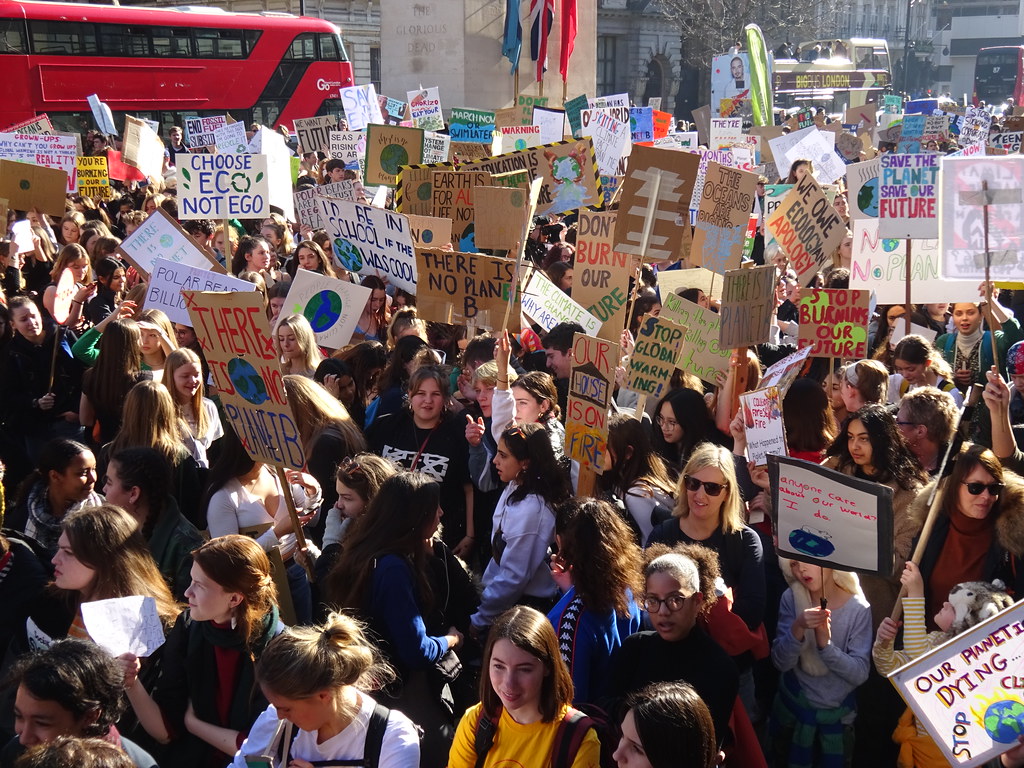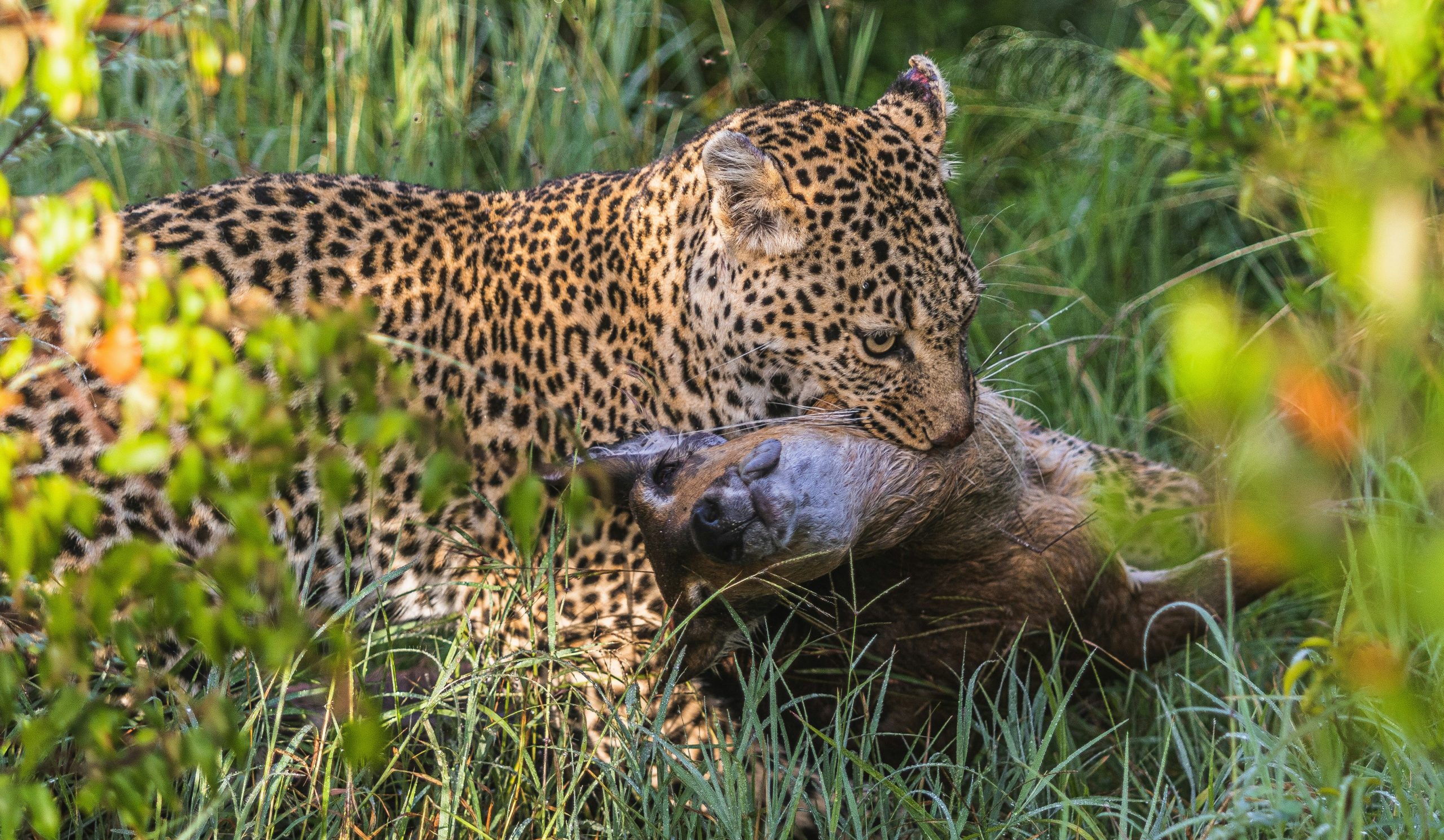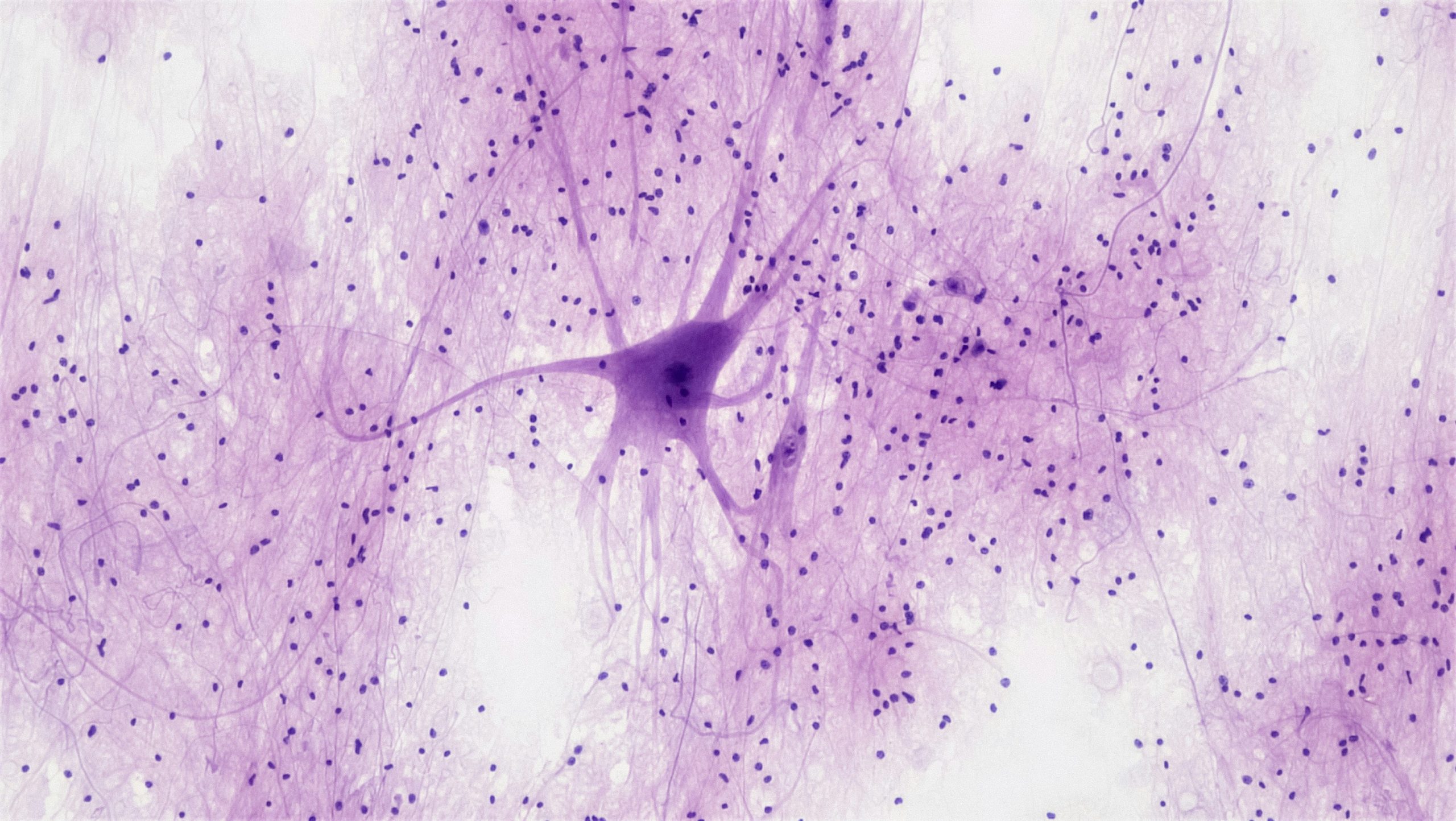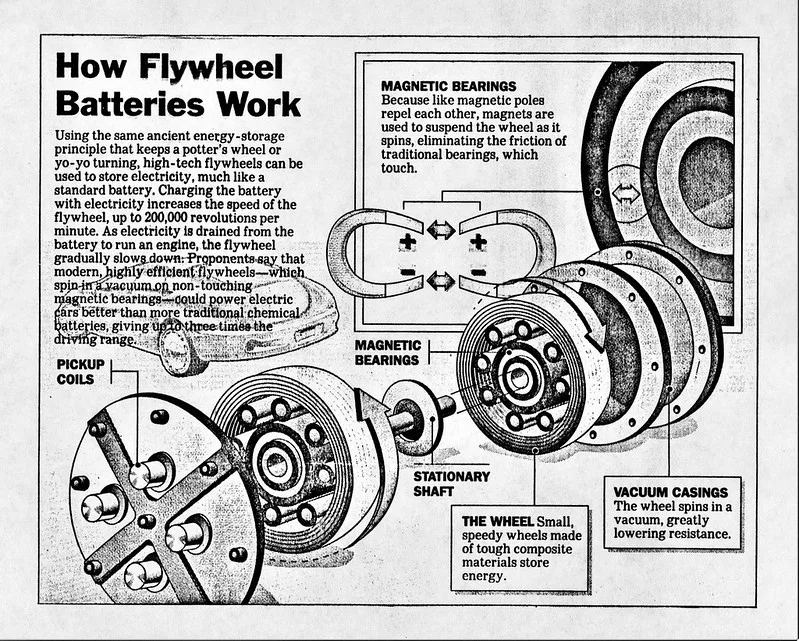by Ben Bradley, Year 12, Reigate College, Surrey.
“The good thing about science is that it’s true, whether or not you believe in it”- Neil deGrasse Tyson, Astrophysicist and science communicator. But in the age of fake news, since when has the truth been important? Despite consensus throughout the scientific community on the threat of climate change, and an international treaty signed by 195 countries that attempts to limit global warming to 1.5 degrees, carbon dioxide emissions are still rising and forest coverage is still shrinking. According to the Intergovernmental Panel on Climate Change (IPCC) “Limiting global warming to 1.5°C would require rapid, far-reaching and unprecedented changes in all aspects of society”.
Those rapid, far-reaching and unprecedented actions are finally starting to emerge, but as unhurried, vague and limited promises – the environmental equivalent of “thoughts and prayers”. And all the while, violent storms and flooding sweep across the coasts, and wildfires rage on every major continent. Both harsh droughts and unprecedented polar vortexes have be seen simultaneously on opposite sides of the globe, and naturalist Sir David Attenborough has asserted that “we are in the midst of the Earth’s sixth mass extinction, one every bit as profound and far-reaching as that which wiped out the dinosaurs.”
Yet much of the technology to combat climate change already exists- where the science, the innovation and the number crunching have already been done. An assessment from 12 leading environmental institutions has identified 18 potential methods that – if implemented widely – could cut global carbon dioxide emissions by approximately 12 gigatonnes. If countries stick to the commitments laid out by the Paris climate deal, that’s 25% of projected emissions that can be cut by solutions that are currently technologically viable. These actions range from rolling out widespread renewable energy generation, to improving industrial efficiency, to reducing deforestation, and could provide a much needed curb to a continuing growth in global emissions. Nevertheless, the UK continues to provide more subsidies for fossil fuels than for renewable energies- €3.7 billion more as of 2016. The science is there. The money is not. As Greta Thunberg, the teenage environmental activist, has said: “Listen to the science. Listen to the scientists. Invite them to talk. They have many things, a lot of solutions you can do.”
The UK government is quick to point out that UK greenhouse gas emissions have fallen by 42% compared to 1990 levels: a figure that, on the face of it, seems substantial. But this reduction is primarily due to the switch away from coal in energy production and the outsourcing of industry to the developing world (such as China). When factoring in non-territorial “consumption emissions”, this figure falls to a 10% reduction since 1997. There are reasons that these consumption figures aren’t used officially, such as the possibility of double counting and the difficulty of accurate tracing.
However, we need to remember that we are all in the same boat, and making other countries drill holes in its side won’t prevent that boat from sinking. Recent environmental strikes and protests are a cause for hope, as the concerns scientists have been voicing are finally being listened to. But they also show the extent of the neglect of this climate science, for decades met with half-promises and limited action from the people in power. If it takes a worldwide campaign and over 1000 UK protesters to be arrested, just for politicians to vaguely listen to pleas to consult with scientists, then something is fundamentally wrong. The science is showing that focused and extreme action is urgently needed to combat the potentially crippling effects of climate change. Effects that the world is only beginning to feel. Persistent and exhaustive effort must be put into climate policy now to avert catastrophe in the coming decades, and the only way to do this is to have the voice of science heard, loud and clear, in every corridor of government and power.
Science is continuously changing the world: from the biggest breakthroughs to the smallest refinements. But to keep the world, people need to wake up to the science that already exists.





